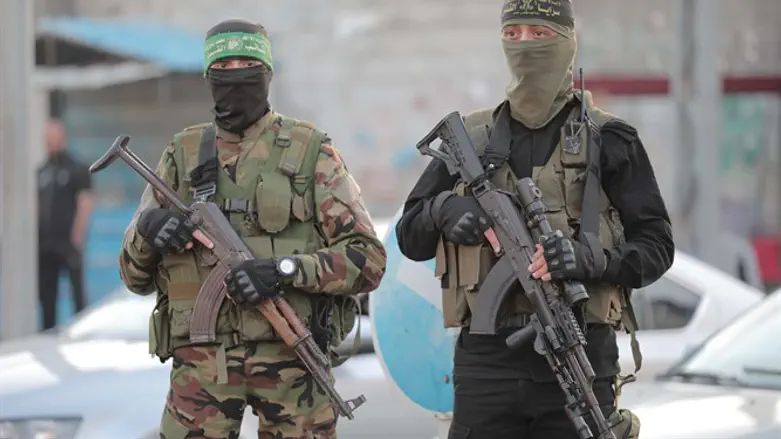
Apologists of Islam routinely claim that Muslim grievances are legitimate. They add that to blame Muslims of being violent is unjust given the blood-soaked history of Christendom and the fact Westerners also celebrate heroes who shed blood to defend justice.
These three points are all correct. Nevertheless they ignore a crucial difference between the violence of non-Muslims and the violence of Islam:
History demonstrates that non-Muslims usually resort to violence when violence contributes to victory or to survival. The most stunning and unique aspect of contemporary Islamic violence is its absolute futility.

The most stunning and unique aspect of contemporary Islamic violence is its absolute futility. A glance at jihadist struggles during the last four decades shows that violence has in all cases hurt Muslims far more than non-Muslims. In no instance has jihad helped secure freedom and prosperity for children of the Ummah. This is true in Israel, in Kashmir, in Thailand, in the Philippines, in China, in Syria etc. Even the Soviet withdrawal from Afghanistan turned out to be a pyrrhic victory, since it was followed by a protracted civil war and untold Muslim misery.
A glance at jihadist struggles during the last four decades shows that violence has in all cases hurt Muslims far more than non-Muslims. In no instance has jihad helped secure freedom and prosperity for children of the Ummah. This is true in Israel, in Kashmir, in Thailand, in the Philippines, in China, in Syria etc. Even the Soviet withdrawal from Afghanistan turned out to be a pyrrhic victory, since it was followed by a protracted civil war and untold Muslim misery.
The lack of pragmatic grounds to justify Jihadism highlights the essential immorality of Islamic violence. The jihadist does not kill and die to help his people and his faith. The jihadist kills and dies primarily because the Quran and the Hadiths teach that by doing so he will attain the best spots in paradise.
This highlights the crucial distinction between the role of war and violence in Islam vis-à-vis other faiths. Christianity, Judaism, Sikhism, Hinduism and Buddhism all agree with Islam that legitimate wars may be fought. Yet in the former faiths these wars are a necessary evil. In Islam these wars are a necessary virtue. This explains the eagerness with which many - if not most - Muslims justify violence to address legitimate grievances.
Even if we agreed that Islamic violence addresses legitimate grievances, it is clear that political, economic and diplomatic pressure would advance Muslim interests far better than bloodshed. This statement is only controversial if one believes that securing paradise as a jihadist is more valuable than building a better world. Yet precisely this attitude highlights the fundamental flaw of Islam: It values martyrs more than peace-makers and the next world more than this world.